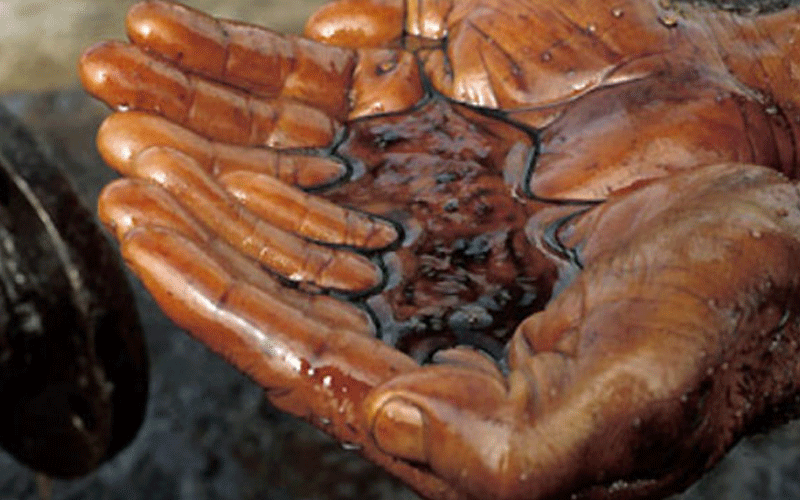Selfish, immoral: Oil firms must stop arm-twisting State

The bid by oil marketing companies to influence the government not to lower oil prices this week despite massive dip in global prices is selfish and immoral.
While it is an open secret that the firms in the energy sector operate in a cartel-like ecosystem, their brazen attempt to deny the consumers the benefits of the supply and demand dynamics is reprehensible and unacceptable.
It is, however, commendable that the Petroleum and Mining Ministry rejected the selfish petition by the oil marketers.
According to press reports, the oil firms were pushing for exclusion of cheaper fuel in this week’s monthly review.
Their argument was that their current stock was purchased earlier at higher international oil prices and would thus suffer losses. In rejecting the request, the ministry was emphatic.
It said the review of retail prices for petrol, diesel and kerosene on the 14th of every month is guided by the law.
Marketers were pushing the energy regulator to base its review of retail fuel prices starting May 15 on the March crude cost of $35.58 (Sh3,793) a barrel and not the April average of $26.63 (Sh2,839), saying they were unable to sell 40 per cent of the expensive fuel due to Covid-19 restrictions.
The marketers argue that the restrictions have reduced demand for diesel and petrol.
Ironically, the same oil marketers have never complained when the Energy and Petroleum Regulatory Authority hike oil prices on stocks they bought cheaply. It suits them because they make super profits. It is the height of dishonesty.
It would have been prudent that at such difficult economic times caused by the Covid-19 impact, the oil firms executives should be more empathetic, particularly to the urban poor, who use kerosene for cooking and lighting.
A drop in the diesel prices would also go a long way in making food cheaper because of reduced transport costs.
In April, consumers were handed a lifeline following a massive dip in fuel cost, which saw EPRA reduce the prices of super petrol and diesel by Sh18 and Sh4.09 per litre respectively, while kerosene went down by Sh18.18 a litre.
The government should focus on interventions that cushion Kenyans from further pain. And the cost of energy will be one such welcome relief, especially given the constant dip in global oil prices.











